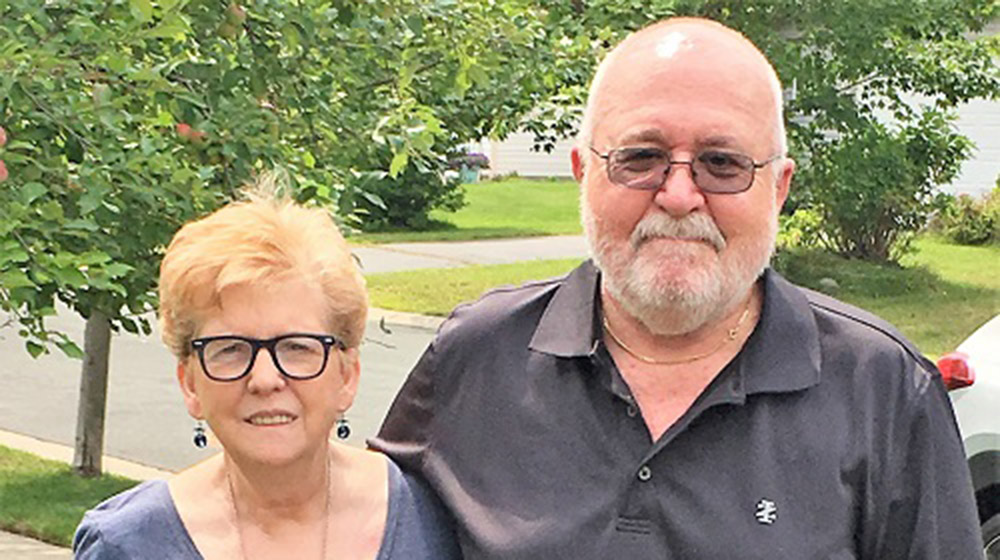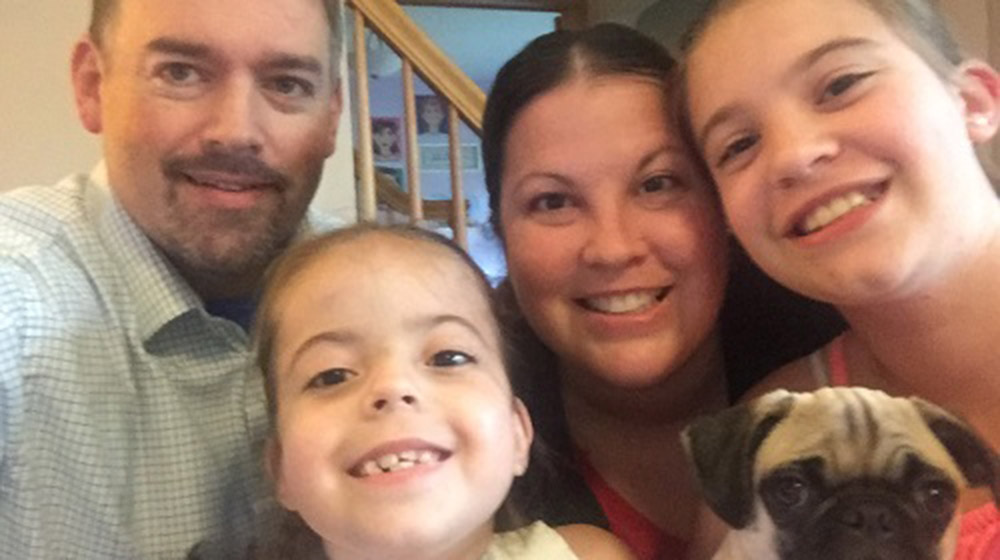Make a Gift
Discover new treatments and cures with us
Parkinson’s disease. Epilepsy. Stroke. Aneurysm. Brain tumors.
These conditions and many more can strike loved ones with or without warning or hereditary connections. A gift of any kind enables you to join hands with us as we strive to find the best ways to treat and even cure debilitating disorders of the brain, nerves and muscles. All gifts are received and processed by the University of Minnesota Foundation. If you have specific questions, or would prefer walking through the donation process with an expert, please contact Catherine McGlinch, Director of Development, 612-626-5456.
There are three ways to make your gift:
- By phone with a credit card, by calling 800-775-2187 or 612-624-3333
- By mail. Send your check to:
University of Minnesota Foundation
P.O. Box 64001
St. Paul, MN 55164-001
IMPORTANT: Be sure to indicate the purpose of your gift (for example, Neurosurgery or stroke) on the check or in a cover letter.
- Online through the Neurosurgery Department's donation page. There are several funds from which to choose.
Learn about additional ways to give through appreciated securities, real estate, bequests, trusts, and more. Or contact Catherine McGlinch, Director of Development, 612-626-5456.
Funds
Neurosurgery Research and Education
To encourage development of neuroscience research among younger faculty members and residents in the Department of Neurosurgery, particularly where seed money is needed or where current research funding is insufficient or inadequate.
Brain Tumor Research
To support neurosurgical research related to brain tumors.
Stroke and Hemorrhage Research
To support neurosurgical research related to ischemic (blocked artery) or hemorrhagic (ruptured blood vessel/s) stroke.
Spinal Cord and Brain Injury Research
To support neurosurgical research related to the spine, spinal cord, and brain injury.
Trigeminal Neuralgia and Pain Research
To support neurosurgical research related to trigeminal neuralgia (facial nerve pain) and other forms of nerve-related pain.
Research in Pediatric Hydrocephalus
To support neurosurgical research related to this childhood brain condition.
William T. Peyton Fund — Neurosurgical Education
To support neurosurgical education, including neuroanatomical research, simulation, and other innovative training opportunities.

When Plymouth, MN, residents Ann and Ralph Watschke were told that Ralph had a sizeable brain tumor — and that it was inoperable — they turned to a U of M care team led by neurosurgeons Clark C. Chen, MD, PhD; and Ramachandra Tummala, MD, to get the help he needed.
Clinical trial giving patients hope in their fight against a devastating brain cancer

At a glance:
• University of Minnesota is offering hope for brain cancer patients through an innovative Phase III clinical trial led by Neurosurgery Department Head Clark C. Chen, MD, PhD
• Treatment combines injection of a virus genetically engineered to infect brain cancer cells and a drug designed to destroy virus-infected cells (developed by a company called Tocagen)
• The investigational treatment may avoid many of the toxic effects associated with traditional chemotherapies
• In a subgroup of brain cancer patients from a previous phase I/II study, one in five patients with expected survival of 4-9 months have lived three years or more after treatment.

Seven-year-old Claire Wurgler is a spitfire.
“She will talk to anyone,” said Claire’s mom Becca Wurgler. “She knows how to capture people.” Despite her cheerfully sassy, confident nature, Claire has had significant challenges in her short life. She was diagnosed at just 20 weeks into her mother’s pregnancy with spina bifida.
Spina bifida is a birth defect characterized by incomplete closure of the backbone and membranes around the spinal cord. Claire has myelomeningocele – the most severe form of spina bifida. It affects her bowel and bladder and her ability to walk.